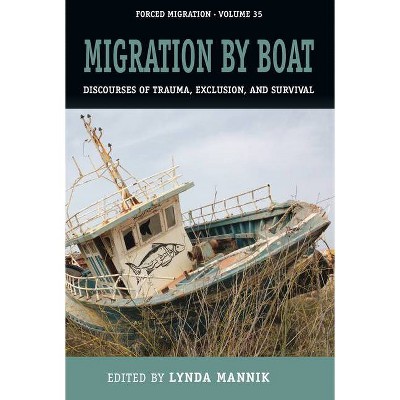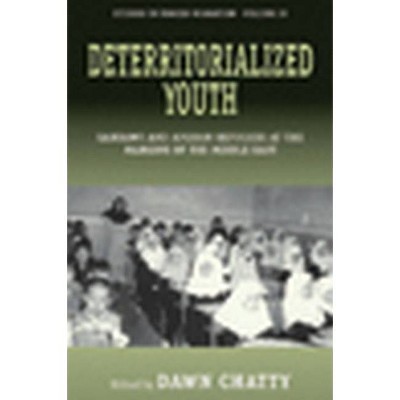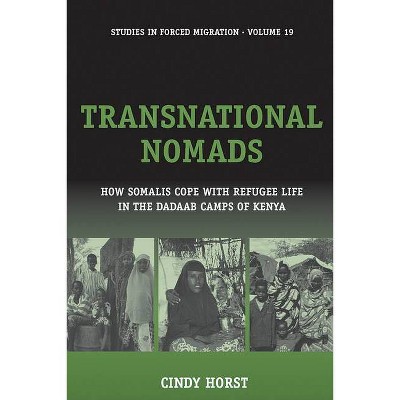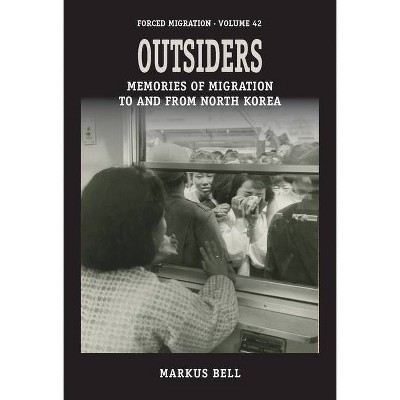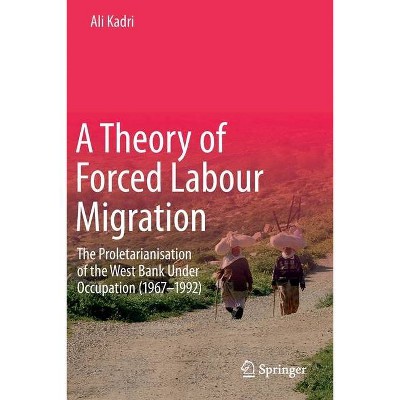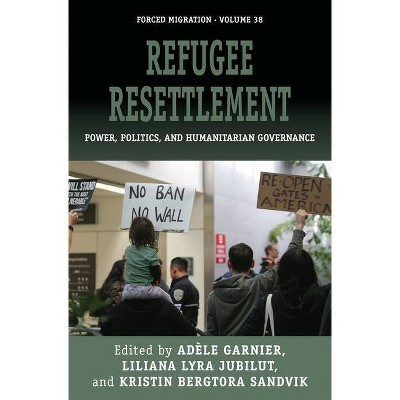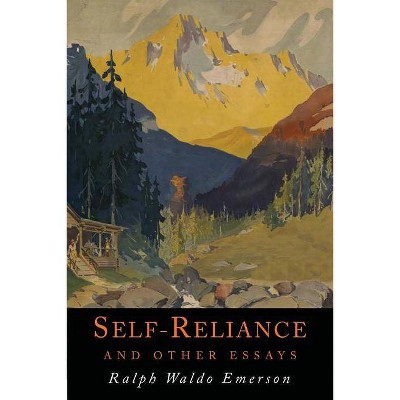The Myth of Self-Reliance - (Forced Migration) by Naohiko Omata (Paperback)
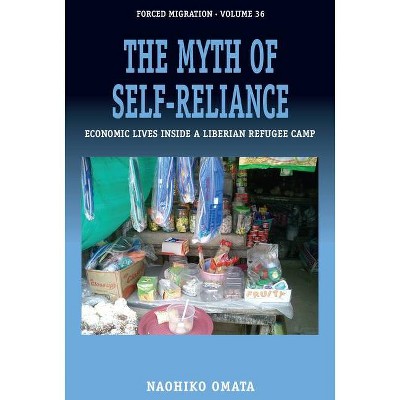
Similar Products
Products of same category from the store
AllProduct info
<p/><br></br><p><b> Book Synopsis </b></p></br></br><p> For many refugees, economic survival in refugee camps is extraordinarily difficult. Drawing on both qualitative and quantitative research, this volume challenges the reputation of a 'self-reliant' model given to Buduburam refugee camp in Ghana and sheds light on considerable economic inequality between refugee households.By following the same refugee households over several years, <em>The Myth of Self-Reliance</em> also provides valuable insights into refugees' experiences of repatriation to Liberia after protracted exile and their responses to the ending of refugee status for remaining refugees in Ghana.</p><p/><br></br><p><b> Review Quotes </b></p></br></br><br><p> <em>"Using plain but trenchant and engaging language, the author incisively makes humanitarianism uncomfortable and leads the reader to identify new research areas, such as the need for a deeper understanding of humanitarian gain vis-à-vis ineffective livelihood programs and blind repatriation strategies. The book is a welcome contribution to forced migration studies and humanitarian studies, as well as for those engaging with the political economy and history of refugee livelihoods."</em> <strong>- Migration and Society</strong></p> <p> <em>"Without a doubt, Omata's book is seminal on account of it being a rare publication focused on the protracted displacement experience of Liberian refugees in Ghana. His meticulous, respectful, empathetic yet rigorous research approach, which helps towards raising the voices of Liberian refugees in a space where they would never be given an audience, is commendable."</em> <strong>- Journal of Internal Displacement</strong></p> <p> <em>"Excellent in every respect... The work fills a major gap in the refugee studies literature, as there has been no previous book-length account of this particular refugee population or the topic under review (how refugees cope in the absence of humanitarian assistance). Unlike some anthropological accounts of refugee situations, the study is a delight to read, bereft of unnecessary theory and maintains a consistent focus on the refugees themselves."</em> <strong>- Jeff Crisp</strong>, Refugee Studies Centre, University of Oxford</p> <p> <em>"This is a very clear and well written work that brings to life a complex set of conditions and relations within and beyond the refugee camp which are often blurred or over-simplified in ways that have severe consequences for refugees themselves... it provides much needed insights into the historical roots and complex contemporary manifestations of socio-economic differentiation affecting the lives and livelihoods of refugees both in the refugee camp and when faced with the dilemmas of repatriation."</em> <strong>- Amanda Hammar</strong>, University of Copenhagen</p> <p> <em>"This is an engaging and carefully crafted book, which is detailed and includes refugees own voices and perspectives throughout, alongside quantitative analysis. It contributes to key debates, and is carefully referenced throughout."</em> <strong>- Elena Fiddian-Qasmiyeh</strong>, University College London</p><br><p/><br></br><p><b> About the Author </b></p></br></br><p> <strong>Naohiko Omata</strong> is Associate Professor at the Refugee Studies Centre, University of Oxford. Based on extensive research in Sub-Saharan Africa, Naohiko has published widely on refugee livelihoods, rights and repatriation including a co-authored book <em>Refugee Economies: Forced Displacement and Development</em> (2016) and articles in the <em>Journal of Refugee Studies</em>, <em>Journal of Ethnic and Migration Studies</em> and <em>Community Development Journal</em>. Previously, he worked as a practitioner and consultant for UNDP, UNHCR and international and local NGOs in various Sub-Saharan African countries.</p>
Price History
Price Archive shows prices from various stores, lets you see history and find the cheapest. There is no actual sale on the website. For all support, inquiry and suggestion messagescommunication@pricearchive.us
